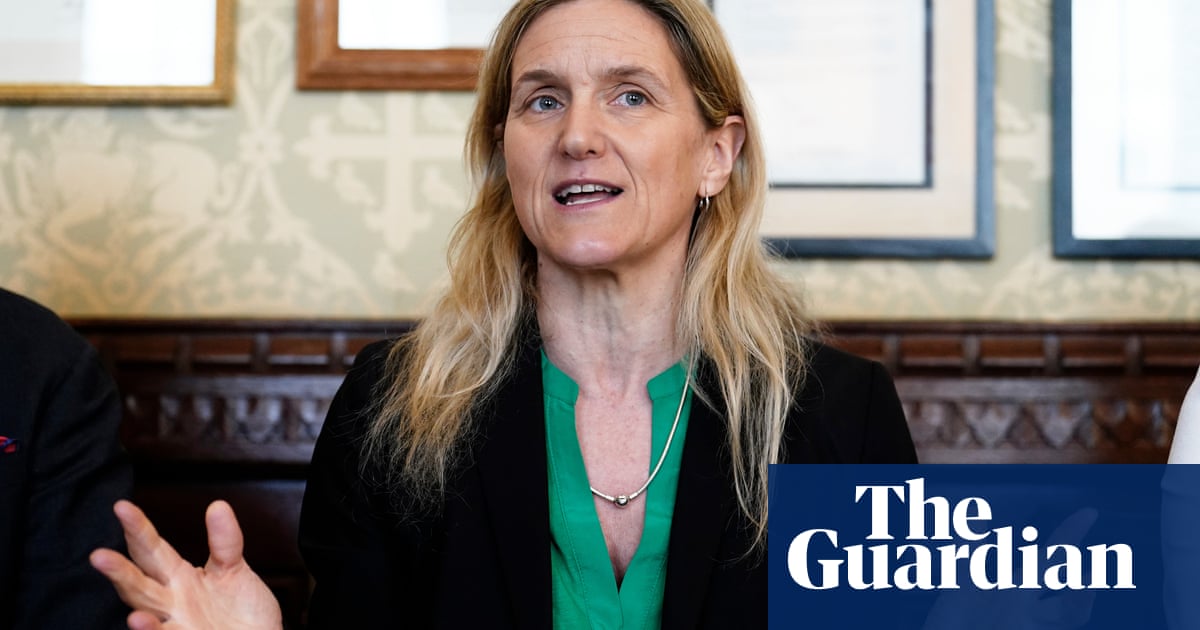A Cyprus court’s acquittal of five men accused of abducting and raping a British woman in the resort of Ayia Napa has been met with outrage as calls mount for the verdict to be challenged.
Dismissing the charges on Monday, the three-member district court in Paralimni ruled the testimony of the 20-year-old had not been credible because it “lacked coherence and contained numerous substantial contradictions”. The defendants, Israelis aged between 19 and 20, claimed sexual contact with the woman had been consensual.
But her lawyer, Michael Polak, described the assertion as absurd. “The young lady in this case is gay, any suggestion that she voluntarily agreed to group sex with men she had never met before, who were speaking in a different language, is ridiculous,” he told the Guardian. “She has been left completely distraught by the court’s verdict today. It was one of the hardest phone calls I have ever had to make.”
All five accused had been remanded in custody since the alleged incident on 3 September 2023. On Monday, they were allowed to walk free with lawyer Nir Yaslovitzh, who represented some of the men, telling Israel’s Channel 12: “It is a brave decision that completely rejected the complainant’s version and completely accepts our clients’ version.”
Polak, who directs the London-based legal aid group Justice Abroad, said the case was further proof of a sexist attitude in Cyprus’s “patriarchal” justice system. “Recently, the European court of human rights ruled that there is no effective protection for women subject to sexual offences in the Republic of Cyprus,” he added.
“Unfortunately, nothing I have seen shows that there have been any improvements in this area.”
He did not rule out the case being taken to the European court of human rights.
In February, another British woman who also claimed she had been gang-raped in Ayia Napa by more than a dozen Israeli men in July 2019 won a “monumental victory” over Cypriot authorities after the Strasbourg-based tribunal ruled they had “failed in their obligation to effectively investigate the applicant’s complaint of rape”.
Judge Michalis Papathanasiou, sitting in Paralimni on Monday, had been the judge on the district court who had overseen the earlier case. Last year, the island’s supreme court not only overturned his decision but, in an unusual rebuke, criticised the way he had conducted proceedings, agreeing with the defendant’s lawyers that the trial process had been “manifestly unfair” and his “interruptions and interventions unjustified and inadmissible”.
The Briton, who cannot be legally identified, had been described as “highly distressed” when, giving testimony to police, she recounted how she had been “taken by force” during a party around the pool area of her hotel to her room and sexually assaulted.
Women’s groups and campaigners voiced outrage as they reacted to the ruling, with some raising the prospect of the close diplomatic ties between Cyprus and Israel influencing Monday’s judgment.
“What this shows is that Cypriot courts haven’t reflected at all on their past mistakes,” said Susana Pavlou, who heads the Mediterranean Institute of Gender Studies in Nicosia, the island’s capital. “We are shocked and appalled.”
Pavlou said she had been particularly angered by the court’s argument that, although the woman had taken class A drugs and consumed a “significant amount” of alcohol, neither were enough to remove “her ability to consent”.
“That was particularly shocking,” she said. “It is clear, more than ever, that judicial authorities in Cyprus continue to be influenced by stereotypical attitudes and beliefs in relation to victims of sexual violence and rape.” Research, she said, had shown that victims of sexual violence were “often considered unreliable witnesses” because of the lack of psychological and legal support navigating the judicial process.

 1 day ago
6
1 day ago
6













































